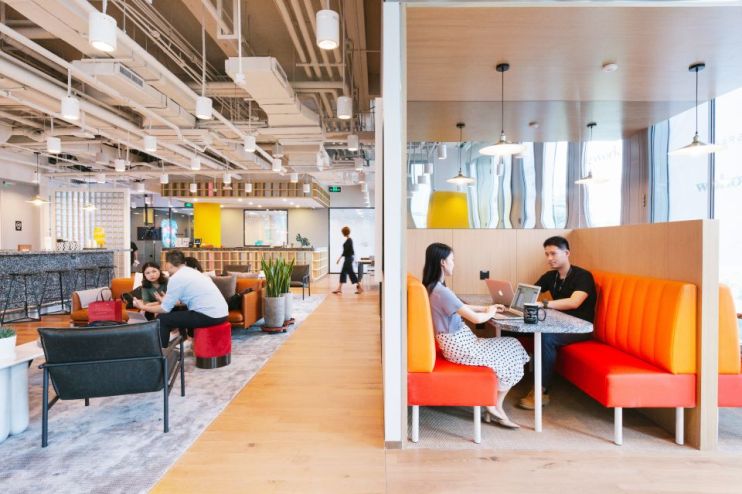It’s not just ping pong, Wework brought lonely millennials together

Wework has filed for bankruptcy – but the much-mocked temple of ping pong was more than surface-level, writes Adam Bloodworth
“Office perks: table tennis table,” one snarky social media user wrote about the return to the office. “Remote perks: dinner with my family. No competition.”
The Wework formula for fun – ping pong tables and enough booze to have you annihilated by 4pm – has been mocked for being surface level. As X user Chris Herd said, dinner at home is much better than a post-work terrarium-making masterclass, thank you very much.
Even so, statistics show that across the board employees are being hauled back into the office. Some 72 per cent of companies globally have mandated a return, and even traditionally hybrid-friendly companies like Google, Amazon and Disney are becoming stricter about office attendance. More than ever it feels like the pandemic-era conversations around the ‘death’ of the office have passed away themselves from malnutrition.
In sales jobs there’s the palpable sense of competition in an office, and in marketing, ideas just don’t spark the same way at home; you need to be together, bosses say.
The future of the office, of course, is much more complex. Some of us will probably always need them. I was told recently that I’m 97 per cent extroverted, which means, no surprise, I enjoy coming into the office. But then again I only live 15 minutes away. Others find it a terrible and anxiety-inducing experience.
Stats reveal that Gen Z are more attracted to workplaces that respect their values, and mental health is at the forefront. While Wework isn’t known for putting counselling and therapy on their sales packs, surely the look and feel of Wework offices is more attractive to all of us than the traditional office space?
I get it, companies offering perks can feel shallow. There’s the modern adage about why bother having a beer in the office when you stay late when you could just work somewhere that lets you finish on time and buy beers for home.
But we needn’t make this too deep: if we do have to go into offices we may as well make them as pleasant as we can and Wework offered, and still offers, something rather splendid.
There’s the obvious stuff: many have free barista coffee, snacks and beers on tap. They have giant common areas and plush furnishings and plenty of breakout rooms. I have felt stressed in former roles on enough occasions and gone to successfully reduce my blood pressure somewhere far comfier than my office chair when putting pen to paper at a Wework.
Don’t laugh, but once I actually did a complementary after work terrarium-making masterclass. Those classes cost around £50 if you buy one yourself. While I patted down my soil (this sounds rude but I promise it wasn’t), I chatted to some lovely people in the building who I hadn’t met before.
Beleaguered Wework obviously had severe business issues which meant it had to stop offering what it did. It certainly didn’t please everyone. But for me and my friends, many of whom work in Wework offices where we meet for (free) post-work drinks, the place had a kind of alchemy to it that I don’t think is surface level, actually. I think Wework offices helped bond people, and that’s no easy feat.
